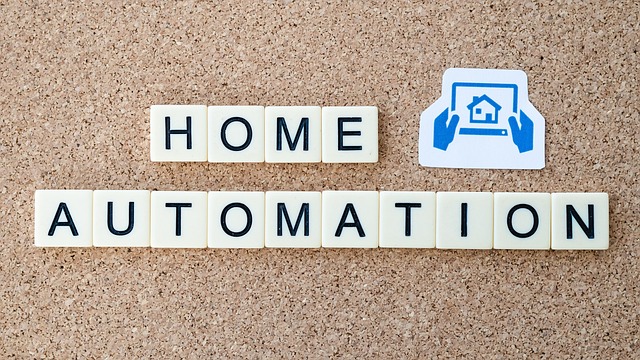In recent years, smart home automation has undergone a revolutionary transformation with the integration of artificial intelligence. Using AI, homeowners can optimize energy usage, enhance security, and create personalized living environments. AI-driven smart devices, voice-activated controls, and predictive maintenance systems are becoming the cornerstone of modern smart homes. This post explores how AI-powered solutions are redefining home automation, blending convenience with cutting-edge technology.
The Role of AI in Smart Home Devices
AI-driven smart devices are transforming how we interact with our homes. Unlike traditional programmable systems, AI enables devices to learn user behaviors, predict needs, and adapt dynamically.
Personalization in Smart Home Automation
AI enhances personalization by learning user habits over time. For instance, AI-powered lighting systems can automatically adjust brightness based on the time of day and user preferences. Similarly, smart thermostats analyze temperature patterns to ensure optimal comfort and energy efficiency. The result is a living space that feels tailor-made to individual lifestyles.
AI-powered systems also provide seamless integration with voice assistants like Alexa or Google Assistant. Homeowners can control lighting, heating, and even entertainment systems with simple voice commands. This level of convenience has made AI an indispensable part of the modern smart home.
Predictive Maintenance and Performance Monitoring
AI excels in predicting issues before they become major problems. Smart home systems equipped with AI can monitor appliances, identify irregularities, and suggest timely maintenance. For example, a smart refrigerator could notify you if its cooling efficiency is dropping, helping you avoid costly repairs.
By enabling predictive maintenance, AI not only improves the longevity of devices but also ensures optimal performance. This capability reduces the stress of unexpected breakdowns, making homes more efficient and reliable.
AI for Home Security
One of the most significant advantages of AI in smart home automation is enhanced security. AI-driven security systems combine advanced technologies like facial recognition, motion detection, and real-time monitoring to keep homes safe.
Facial Recognition and Smart Cameras
Facial recognition technology allows smart cameras to differentiate between family members and strangers. This feature minimizes false alarms and ensures that only trusted individuals can access the property. Additionally, AI-powered cameras can send alerts if suspicious activity is detected, providing homeowners with real-time updates.
Predictive Analytics for Threat Detection
AI uses predictive analytics to assess potential risks. For example, systems can analyze patterns of behavior and detect anomalies that might indicate a security threat. This proactive approach ensures that threats are addressed before they escalate.
AI also integrates seamlessly with other security features, such as automated locks and motion sensors, creating a comprehensive and intelligent security network for homes.
Energy Efficiency with AI
AI’s role in optimizing energy consumption is another game-changer for smart homes. By analyzing usage patterns, AI can make real-time adjustments to reduce energy waste and lower costs.
Smart Energy Management Systems
Smart energy management systems use AI to monitor electricity usage across devices and appliances. They can automatically turn off lights or adjust HVAC systems when not in use, ensuring energy efficiency without manual intervention.
Renewable Energy Integration
For homes with solar panels or other renewable energy sources, AI helps maximize their efficiency. By predicting energy needs and weather patterns, AI ensures that renewable energy is utilized effectively, further reducing the home’s carbon footprint.
Conclusion
AI is transforming smart home automation, offering unparalleled convenience, security, and efficiency. From personalized settings to predictive maintenance and energy optimization, AI has made smart homes more intelligent and adaptable than ever. As technology continues to advance, the future of AI-driven smart homes holds even more promise, setting new standards for modern living.






